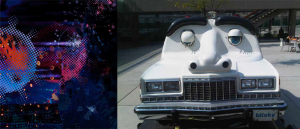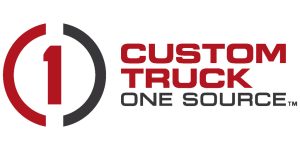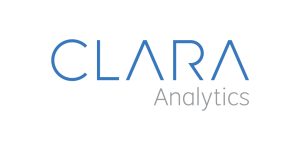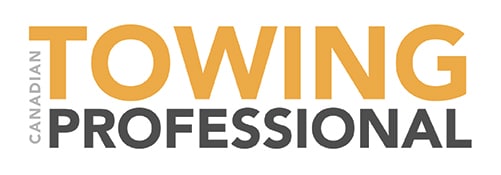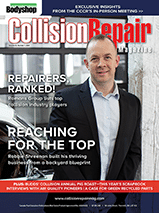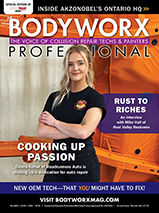INSPECTIONS LEFT BEHIND

Does the line, “I give you my word: not one single person will be laid off when I become Premier,” ring any bells to any Ontarians? Because the province’s skilled trades inspectors are reeling after the Ford government issued layoff notices to more than 30 Ontario College of Trades (OCOT) employees. “We regret to inform you that you will be laid off from your employment effective close of business on Feb. 17, 2022,” read the letter sent out to more than 30 OCOT employees on Nov. 17. These employees are responsible for enforcing skilled trades credentials in the province and interacting with tradespeople from many industries like plumbing, hairstyling and auto body repair. The Ford government plans to dissolve OCOT and shift its responsibilities to a new Skilled Trades Ontario institution, operated under the wing of the Ministry of Labour. The co-workers of the letter’s recipients are free to carry on their duties under Skilled Trades Ontario. Ford made protecting the jobs of public employees a chief campaign priority back in 2018 but has continually failed to deliver, namely in 2019 when more than 400 healthcare workers were laid off.
STAY A WHILE

The Automotive Industries Assocation of Canada (AIA Canada) says consumers behaviours have shifted amid COVID-19, and some customers want to see certain aspects stick around, even in the post-pandemic era. AIA Canada presented the data in an October 28 webinar, where AIA President J.F. Champagne, Quorus Consulting Group President Rick Nadeau and James Channer, co-founder of Motion Brands discussed consumer behaviours in the aftermarket since the onset of the COVID-19 pandemic. According to AIA Canada’s findings, gathered from a June 2021 survey conducted by the organization, 21 percent of drivers found it was more difficult to stay up-to-date on vehicle maintenance and repair during the pandemic; 13 percent found it easier and 66 percent found no impact. The top-cited challenges faced by the former group were booking issues with their chosen repair centre (24 percent); COVID lockdown and associated health risks (21 percent); closed or reduced hours at the chosen repair centre (14 percent); financial reasons (13 percent); too busy (eight percent); driving significantly less (seven percent) and access/distance to the repair centre (five percent). The trio also discussed what sorts of behaviours consumers plan to grip to in the post-pandemic era. According to the findings, 69 percent of consumers would like to see sanitization stations become a permanent fixture of the front office, while 68 percent want their vehicle sanitized before pick-up. Sixty-seven percent also seek online bookings to remain an option. On the other hand, some customers will be more than happy to bid adieu to certain COVID-19 protocols, like reduced seating areas (64 percent) and plexiglass barriers (34 percent).
IF IT AIN’T BROKE
Recycled parts appear to be outperforming the aftermarket in revenue, according to LKQ’s Q3 earnings report. While the global supply chain struggles through a persistent microchip shortage, LKQ benefits from its ability to source its inventory locally, providing customers with a more direct link to sought-after auto parts. LKQ president and CEO Dominick Zarcone said, “Although fill rates have been challenged, we are witnessing a positive offset from our quote conversion rates on salvage parts.”
CONSOLIDATION CRAZE

Multi-shop operators are in a selling mood according to Vincent Romans, who predicted industry consolidation will continue on at an “aggressive rate” during November’s MSO Symposium in Las Vegas. The managing partner of the Romans Group and publisher of an annual whitepaper on the U.S. and Canadian collision industries spoke on consolidation and private equity trends, where he predicted that collision repair industry consolidation will continue to consolidate—and aggressively so. The Romans Group is estimating multi-location operations with more than US$10 million in annual revenue will represent at least 48 percent of the revenue market share by 2025—and it could get as high as 61 percent. In the United States, Romans said the top three consolidators—Caliber Collision, Gerber and Classic Collision—will continue on an aggressive expansion plan. “It’s not going to stop,” he said.





